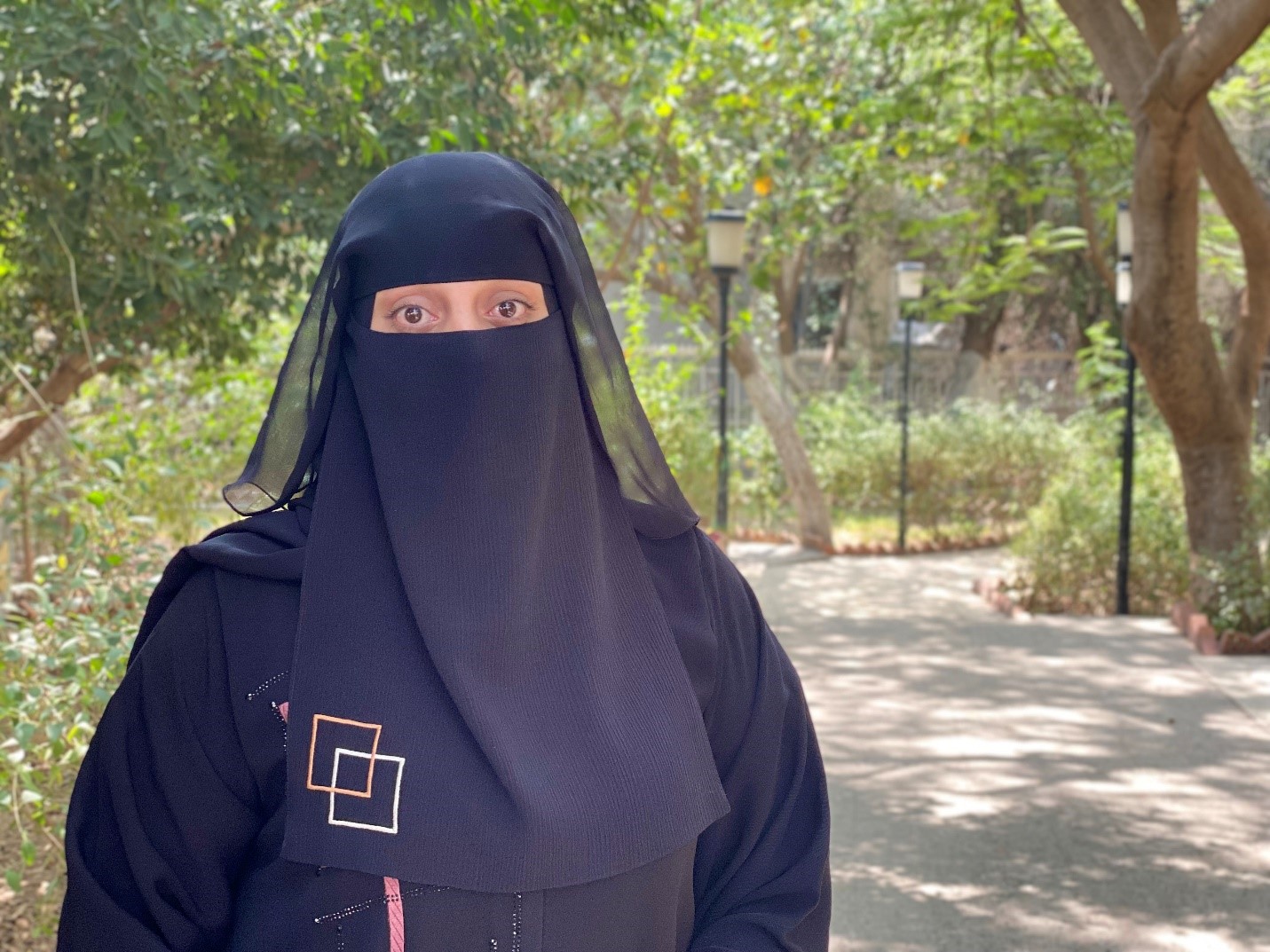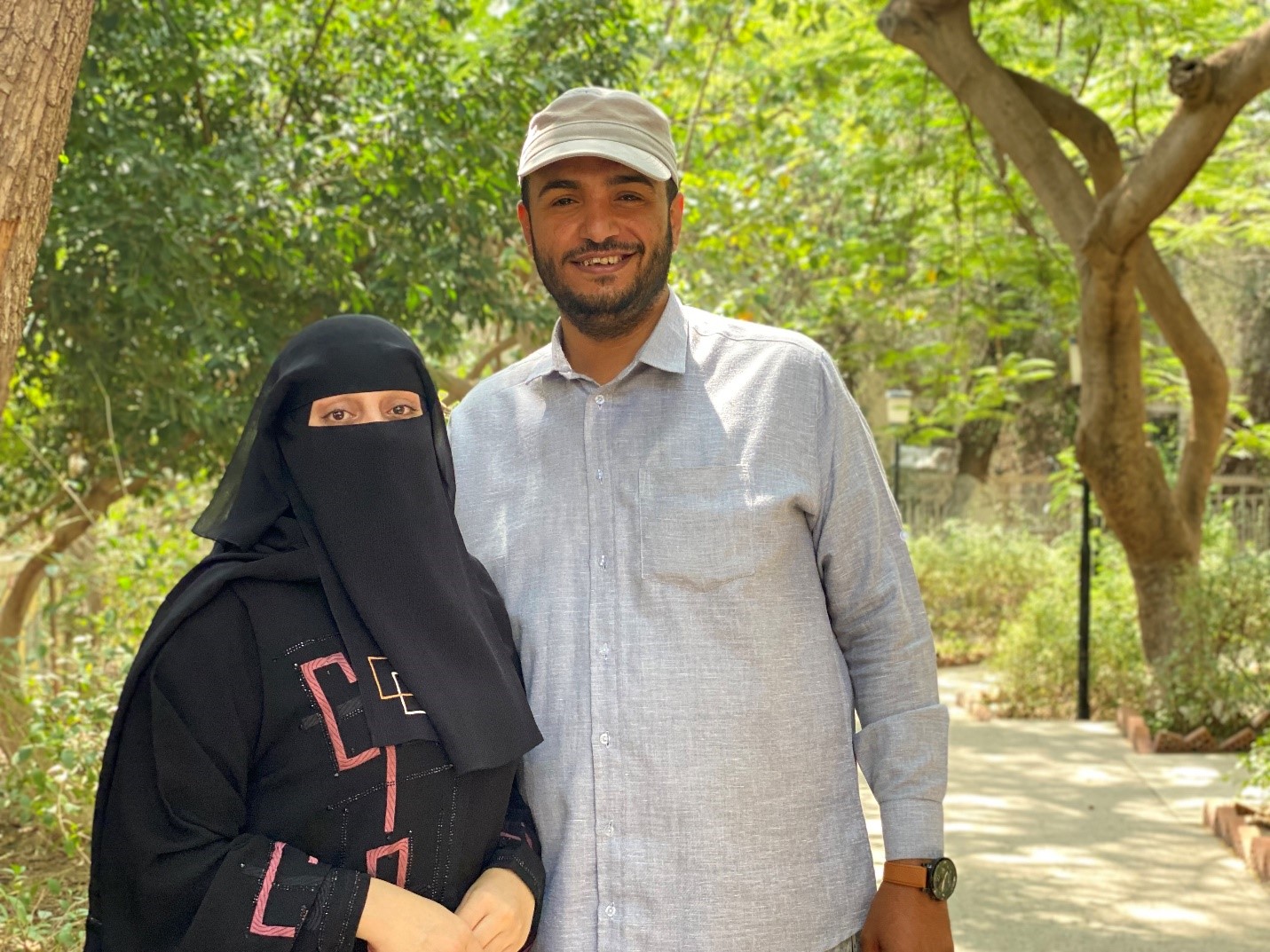Newborn infants are able to respond to the sound by startling and blinking their eyes. As they grow, they recognize their parents’ voices and enjoy their own cooing and gurgling sounds. Listening leads to language development. Later on, the children learn to attach meanings to sound. However, children born with hearing impairment are unable to learn for they have never heard the sound to which they can attach meanings. They often have difficulties communicating.
Aisha is a 26-year-old mother with one child. She lives in Taiz governorate, in the southwestern part of Yemen. When she was five years old, she got meningitis which caused her to be deaf and hearing impaired. She studied in a public school where she couldn’t understand anything due to the lack of teaching methods for deaf children.
The social life of deaf and hearing-impaired children is full of challenges and difficulties. Many of them suffer from bullying in their own environment. Deaf children are often exposed to significant bullying problems, making them drop out and leading to their psychological distress. “When I was a child, others used to mock me a lot, which negatively affected my confidence and self-esteem,” Aisha says. Therefore, parents would avoid social interaction with their children as they might be faced with embarrassing or dangerous situations. Parents would resort to isolating them from the outside environment.
Aisha left her village, where there is no special education for the deaf, and moved to Taiz city to continue her education in a special school. Later on, she enrolled in Accounting and Finance at college and became an accountant. “I had a goal to continue my education despite all the difficulties and I now have a Bachelor’s degree,” says Aisha happily.
Aisha had a chance to work at a big company where she met her husband – Ahmed. Ahmed is a 30-year-old sign language interpreter. “My husband supports me in many ways,” she states, “he is the ear that I hear with and the tongue I speak with.”

